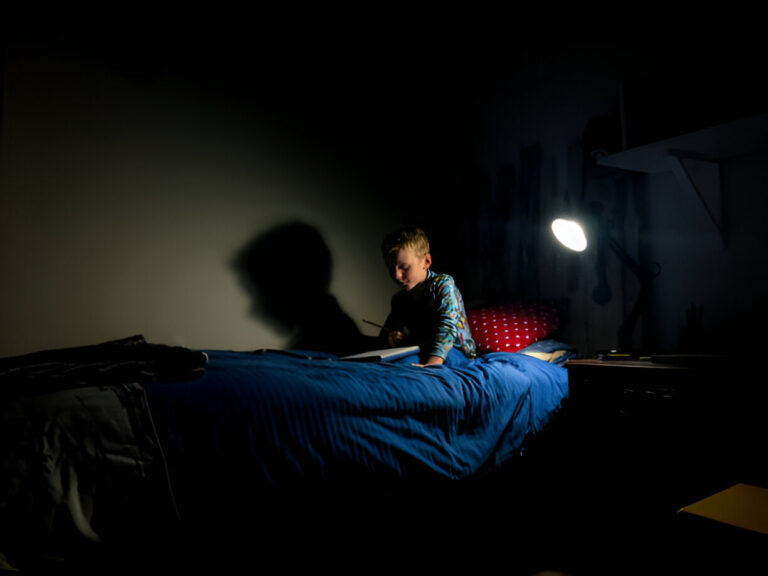Being out alone at night can feel intimidating, but with some basic precautions, you can stay safe after dark. Read on for some essential tips to protect yourself when you’re out and about in the evening. We’ll cover wearing appropriate personal protective equipment, being aware of your surroundings, walking confidently, and other practical steps you can take.
Wear Appropriate Personal Protective Equipment
The first critical step for safety at night is wearing thick, light-coloured reflective clothing. This PPE makes you stand out to drivers and acts as a shield against potential threats. Firstly, opt for fully enclosed, sturdy shoes with grippy soles to give your feet protection and traction. Cover up with trousers or jeans rather than skirts or dresses to shield your legs. Similarly, wear a jacket or long-sleeved top to provide a barrier for your arms and torso. Reflective elements like strips, piping or prints will make you more visible to drivers. The right PPE equipment provides both visibility and protection to help you feel secure after dark.
Be Aware of Your Surroundings
Making observations as you walk is vital for nighttime safety. Keep your eyes peeled and your ears open to be alert to any dangers around you. Scan the area frequently. Look ahead, from side to side, and glance occasionally behind you. Spotting potential hazards early gives you more reaction time. Pay attention to noises that seem out of place and be wary of poorly lit locations where perpetrators could lurk. Avoid isolated construction sites or empty car parks. Ultimately, trust your instincts. If your gut tells you a place feels unsafe, walk elsewhere. Don’t ignore that prickle of unease.
Walk Confidently on Your Route
How you walk makes a difference in projecting an air of confidence. Stride assertively and sure-footedly through the streets. Keep your posture upright, shoulders back. Walk at a steady, brisk pace, not meandering slowly or dashing hurriedly. Stick to busier, better-lit main roads whenever possible. Only use headphones if you must and don’t become engrossed in your phone. Making frequent eye contact with people you pass demonstrates confidence too. Above all, trust your gut instincts about any encounter. Cross the street or walk faster if someone makes you uneasy.
Carry Self Defence Tools
Having certain self-defence tools can provide extra protection in case of an emergency. A personal alarm allows you to make a loud noise to scare off attackers and draw attention. Pepper spray or mace disorients threats if deployed correctly. A tactical flashlight can also act as a striking tool for self-defence in a pinch. Just be sure you’re legally permitted to carry such devices and know how to use them properly. While not mandatory, some simple non-lethal self-defence tools can boost your sense of security.
Taking some preventative measures helps you stay safe if walking alone after dark. Appropriate clothing acts as personal protective equipment. Staying alert to your environment flags potential dangers early. Walking with conviction signals you’re not an easy target. Carrying certain self-defence tools provides backup protection. And always trusting your intuition allows you to react appropriately to any threat that arises. With these tips, you can venture out at night feeling protected and empowered.

